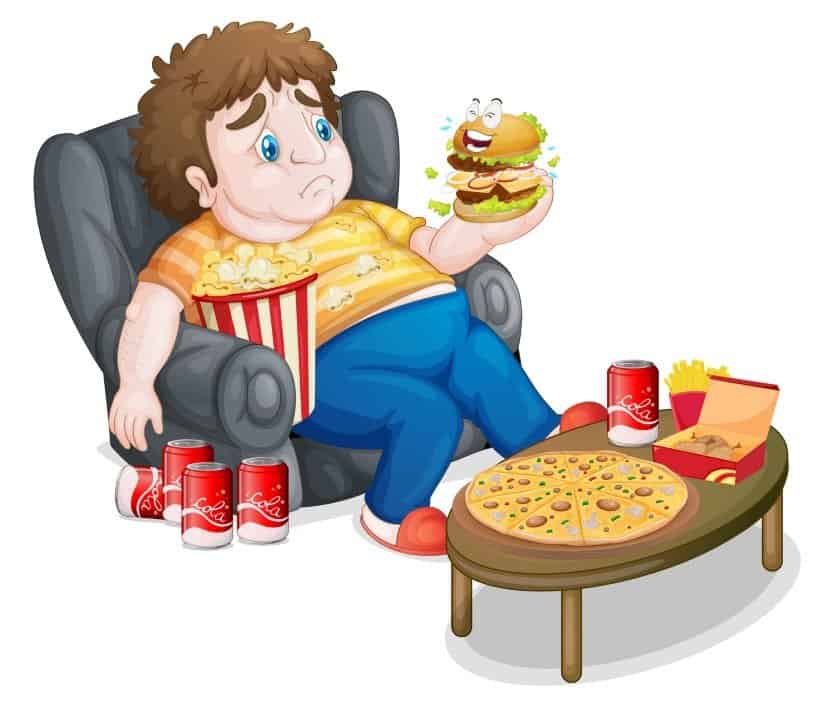Weight gain or reduction is frequently the first apparent difference noticed and acknowledged at the beginning of a conversation. We never give it a second thought about how this would affect someone’s life.
Appearance criticism and complimentary weightism both have drawbacks. According to research, remarks on appearance in the form of praises, as well as comments on appearance criticism, can lead to increased levels of discontent. Giving in to bodily forms and linking them to an assessment of beauty or aesthetics can be harmful. To continue enjoying a ‘thinner’ appearance, we create a beauty standard. These connected statements begin to construct a person based on their self-esteem and value, resulting in weight prejudice and obesity stigma.
Weight loss caused by medical problems: Weight loss can be caused by a variety of medical illnesses. Some examples of trigger factors include hyperthyroidism, IBD, COPD, hormonal imbalances, diabetes, surgeries, and medication. It may be difficult for someone to reveal their health issues.
Weight loss, purposeful or unintended: Weight loss can be unintentional or unexplained. Some of the most prevalent reasons include stress, depression, muscular loss, ageing, dental difficulties, and diarrhoea.
It is sometimes difficult to determine the cause of the related weight loss. When there is a large weight loss in a period of 3-6 months, it is typically referred to be unexplained and does not occur as a result of exercise, food, or lifestyle changes.
Eating disorders, often known as disordered eating: Anorexia nervosa and Bulimia nervosa are frequent eating disorders that are more focused on behaviour, body weight, or appearance, whereas disordered eating occurs when there is an inconsistent connection with food based on emotion or image, or when over exercising. The three most important aspects are behaviour, obsession, and functionality. Eating disorders can develop from disordered eating. Eating disorders can result in serious nutritional shortages, electrolyte imbalances, and neurological problems.







